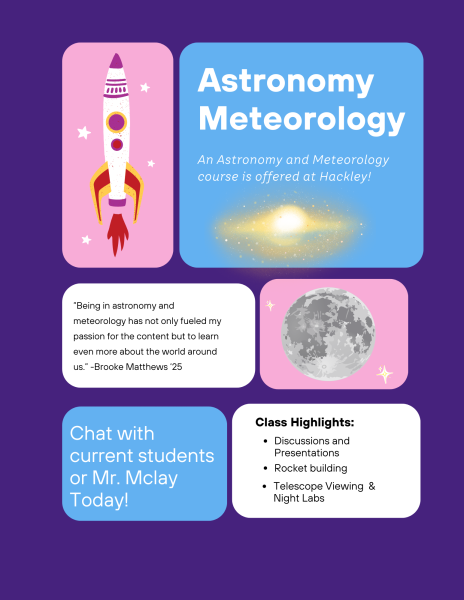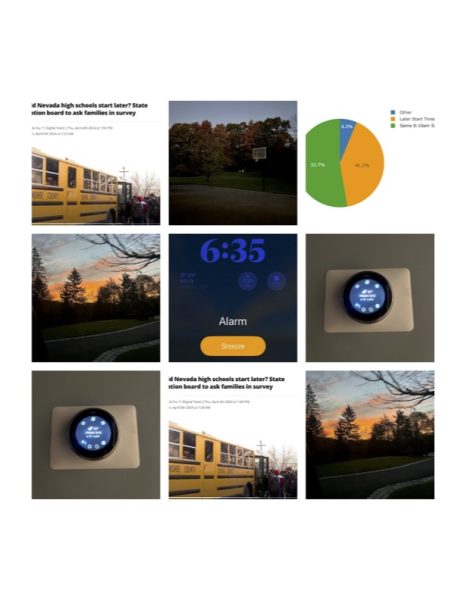Something to Chew On
Do you have gum? Can I have a piece? Oh wait… that’s not allowed. The Upper School Handbook states that chewing gum is strictly prohibited at Hackley. It reads, “Gum may not be chewed anywhere at School; food, drinks or candy may only be consumed in certain approved areas (areas which will be shared with students). This prohibition on gum, food, drinks, and candy includes Sternberg Library, as well as the student lounge area in Goodhue Memorial Hall. The one exception is that students may carry bottles or other sealable, preferably reusable containers that contain water.” (23.)
Varying accounts of research have been conducted speculating the benefits of chewing gum and how it can affect those at school. The most significant finding of the research is that chewing gum reduces stress and improves concentration. A study done at Baylor College of Medicine in 2009 documented their findings.
“Gum chewing in the classroom is becoming more popular for its ability to reduce stress, improve alertness, relieve anxiety, and increase memory.”
Some drawbacks of chewing gum in the classroom include distracting other students, bubble blowing, loud chewing, and or smacking of the gum while chewing.
Registered dietitian, Jillian Kubala, writes striking statistics from her research. She wrote, “65% of athletes chew gum to relieve stress before or during a game. Metabolism increases by 20% when chewing gum. Chewing gum can improve memory by 40%.”
Many students do not see an issue with chewing gum in school and believe it should be permitted. Junior Ber Benett agrees and questions the school’s ban on gum.
“I actually chew gum all the time in class and I don’t think it’s distracting when other people do it so I would rather be allowed to chew gum. I don’t see what the problem is,” said Ber.
Sophomore Ethan Niewinski mostly does not find a problem with chewing gum.
“I don’t chew gum but I don’t see a problem unless you’re really loud with it.”
Other students recognize one of the main reasons students are not permitted to chew gum at school: It is very difficult to speak while chewing gum or understand someone who is chewing gum. During language classes, chewing gum can affect your pronunciation and accent. A common phrase heard by students taking Spanish classes is “no chicle” which translates to “no gum.”
“I don’t do it a lot because, like, most teachers have a problem with it,” sophomore Sean Reardon said, “and I see why they don’t let you do it in Spanish class because you have to practice pronunciation.”
Another student, sophomore Davis-Henessian, said that many Spanish teachers are strongly against it.
“Personally, I chew gum at school. The only time I won’t chew gum is in Spanish class because I know the language teachers don’t like it when you chew gum. I agree with and get that but I feel like we should be allowed to. Sometimes it helps me focus with comps or writing assignments.”
On the other hand, Sean said, “in art class, Mr. Green lets me do it and it helps me focus.”
A significant benefit for both India and Sean is gum’s ability to help students focus. Many students recognize this benefit and try to use it to their advantage when possible given the fact that it is banned.
Although Assistant Head of the Upper School, Mr. Arnold is against chewing gum at school, he understands that students have varying opinions about people chewing gum.
“The noise and chewing action can be distracting in class and can also sometimes make it difficult to understand someone in class. There can be a range of how much that bothers some people but that’s one of the reasons…despite it being really nasty, people persist in sticking gum to the bottom of tables … if gum were completely okay you would see gum smeared everywhere on the campus. That’s why.” Mr. Arnold said.










